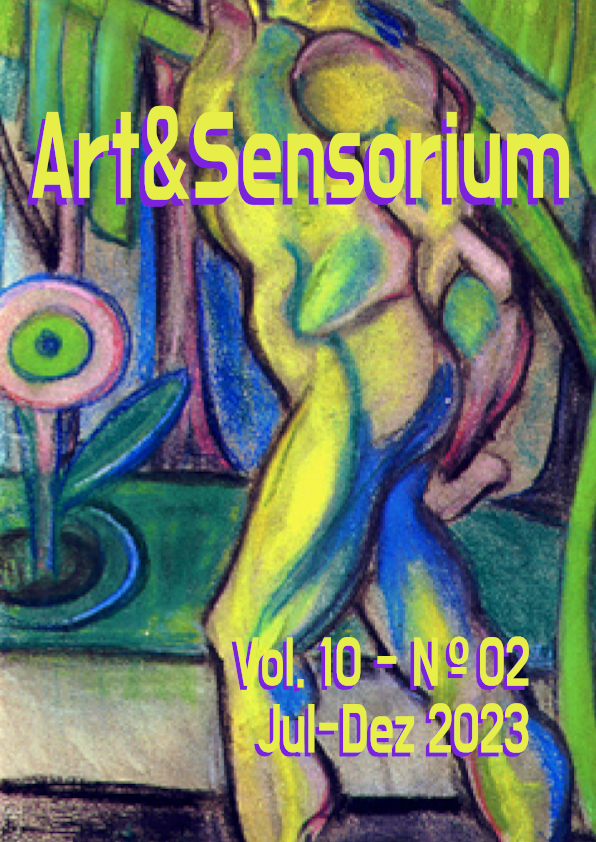ENVIRONMENT AND SUBJECTIVITIES IN STUDIES ON LANDSCAPE IN THE COVID-19 CONTEXT
DOI:
https://doi.org/10.33871/23580437.2023.10.2.103-119Abstract
The COVID-19 pandemic provided new relationships between environment and subjectivities, changing how people relate to their territory. The objectives of the article were to raise and discuss existing studies on environmental relations and subjectivities in times of a pandemic in studies on the cultural landscape and COVID-19. The research was guided by questions that delimit the breadth of the theme: is the relationship between environment and subjectivities a discussion present in studies on cultural landscape and COVID-19? What are the contributions of these studies? A bibliographical, qualitative, exploratory, and analytical research was carried out in databases. In this study, the categories of analysis that emerged were: new relationships between subjectivities and the environment, the post-coronial world, perception of co-responsibility with the environment; and ways of remembering the COVID-19 pandemic and everyday artistic expressions. A possible contribution or innovation of the study is the emergence of an opening/category of discussion in the field of heritage: the lived landscapes.
Downloads
Downloads
Published
Issue
Section
License
Copyright (c) 2023 International Interdisciplinary Journal of Visual Arts - Art&Sensorium

This work is licensed under a Creative Commons Attribution 3.0 Unported License.
Authors who publish with this journal agree to the following terms:- Authors retain copyright and grant the journal right of first publication with the work simultaneously licensed under a Creative Commons Attribution License that allows others to share the work with an acknowledgement of the work's authorship and initial publication in this journal.
- Authors are able to enter into separate, additional contractual arrangements for the non-exclusive distribution of the journal's published version of the work (e.g., post it to an institutional repository or publish it in a book), with an acknowledgement of its initial publication in this journal.
- Authors are permitted and encouraged to post their work online (e.g., in institutional repositories or on their website) prior to and during the submission process, as it can lead to productive exchanges, as well as earlier and greater citation of published work (See The Effect of Open Access).





